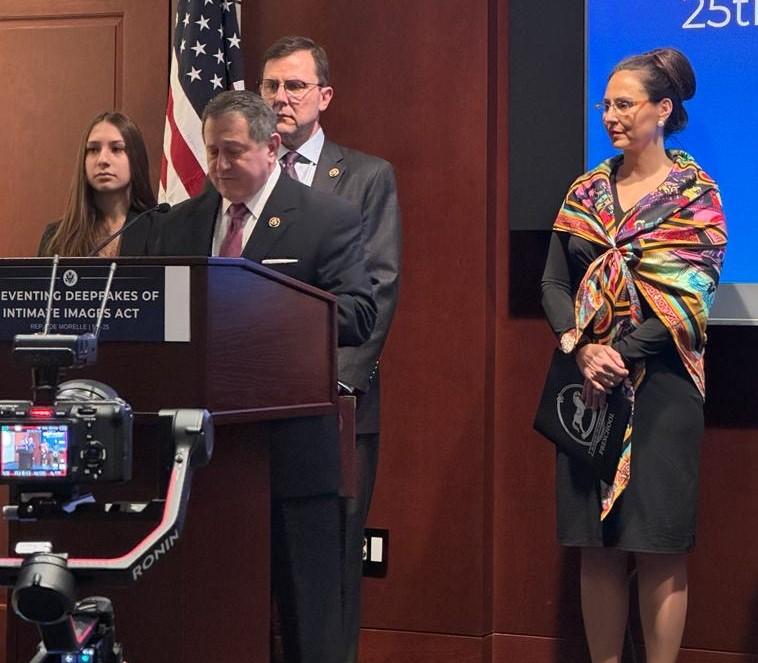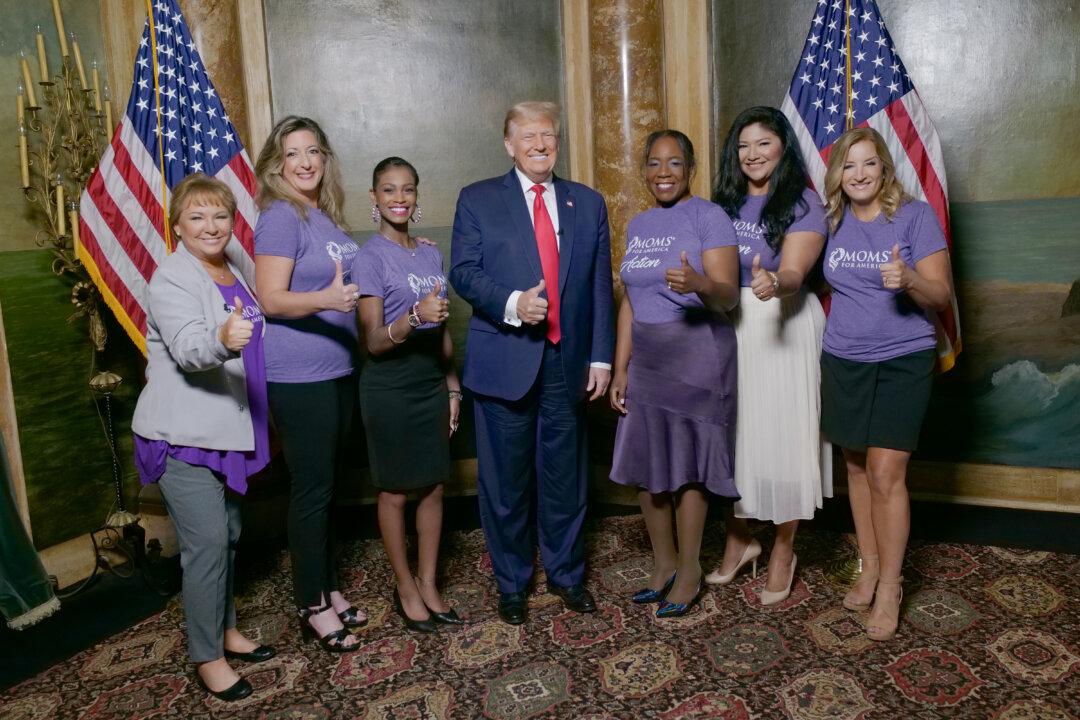Francesca Mani, a 14-year-old freshman at Westfield High School in New Jersey, was called to the school’s main office on Oct. 20 and received frightening news.
The principal of the public secondary school informed Ms. Mani that a classmate had allegedly used artificial intelligence (AI) to take photos of her and her classmates’ faces, and incorporated them into explicit images shared online by him and other boys.





